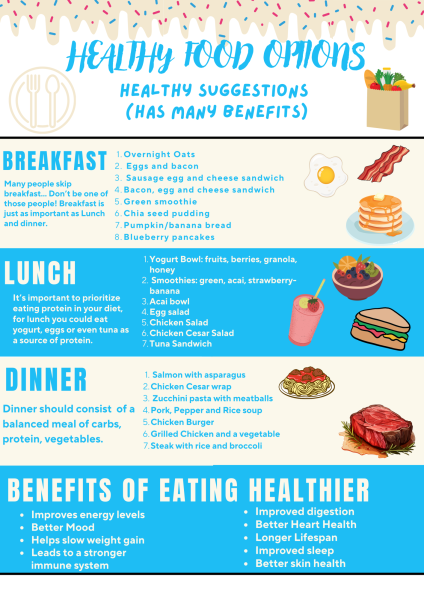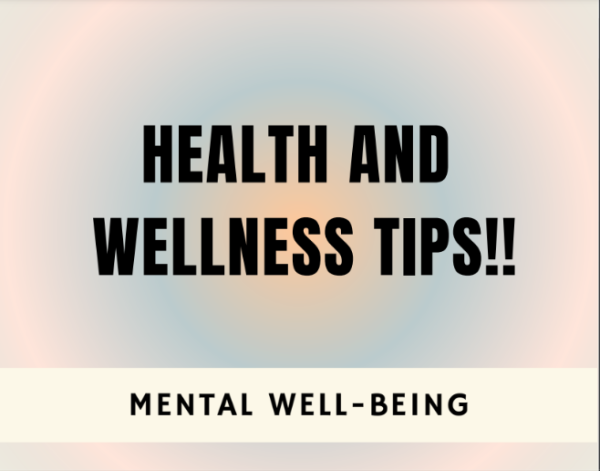How to Get a Job

There are so many things going on in a teenager’s life at any given time. Social drama, maintaining relationships, keeping on top of schoolwork, dealing with a gender and/or sexuality crisis. The last thing any high schooler wants is more adversity. For those who are freshly fourteen, or who are closer to graduating and want to start supporting themselves, getting a job shouldn’t be a stress-filled experience. Utilizing available resources to their fullest potential and preparing in advance with tips and information can make the whole process more bearable. Being a senior in high school who’s had two jobs in the past doesn’t make me an expert on the topic, but it does mean that I can be a helpful guide.
The first order of business is knowing where to locate job listings. While you can rifle through newspapers trying to find an appropriate one, a much easier place is online. Indeed, Monster, Glassdoor, these are all websites ending with .com that list available jobs. They allow you to filter by location, type of job, part-time or full-time. That is a great place to start if you’re not sure. Otherwise, you can ask family members if they’re aware of any job openings near you, and it would also be a good idea to ask employees when you’re out and about. A simple, “Hey, are you hiring?” would do the trick, and don’t forget to ask what the hiring age is and where you can apply.
Once you’ve found a handful of jobs that you think you’d be a good fit for, there’s a few other criteria to look at. The most important one, in my opinion, is location. How many minutes would it take to drive there from your house? Can you walk there, or bike there? If your parents are not willing to drive you several times a week to and from your job and you can’t drive yourself, you have to find somewhere that you’ll be able to reach independently.
If you’re using an online website to find a job, you should check the reviews for the company. They’ll often talk about the salary, the environment, and the management. Be sure to check the dress code, as well- some jobs specify that you cannot have dyed hair, certain piercings or jewelry, or that you need to wear a specific type of clothing such as dark jeans or a company-issued t-shirt. These rules are mandatory, so be sure you comply and start applying.
Now is the step when you’ve acquired an interview. There’s no reason to be nervous as long as you follow these steps. First of all, pay attention to what you’re wearing to the interview. You might have heard a lot of tips about always dressing nicely and presenting as your best, and that’s not untrue. It’s good for office or management jobs. But sometimes, like if you’re applying for a part-time job at a fast food restaurant, you can afford to dress more casually, though still presentable.
As you’re arriving, there should be two things you’re taking with you. The interviewer will ask you questions as the main part of the interview, but you should come prepared with your own. Some good questions to ask during the interview are: What responsibilities do you think are involved in this position? Why is this job available? What is the best part of working for this company? Jobs are not expected to feel like a vacation, but they shouldn’t be a major stressor in your life either. Forcing yourself to choose a job which will make you miserable every time you work should be avoided, especially if you’re underage and not required to have a job yet. Don’t forget that you’ll be asked questions in return, and you should take some time beforehand to research what a typical interview looks like in that field and prepare some answers to the most common questions. The second thing to check in with beforehand is your availability. What hours can you work, and how many? Are there any days of the week that you can’t work? Don’t be afraid to tell your employer that you, for example, don’t want more than 20 hours and can’t work Wednesdays because you have piano lessons after school.
This is an important thing to remember, during the application process and for the entire time you have the job: You are there to serve your employers, but your employers need you. Speak out for yourself. My most recent job was in fast food. I worked there for about a year and was one of the most knowledgeable and helpful employees they had. When I got too overwhelmed with my workload and asked them to reduce my hours, they didn’t. When I asked them to change what pronouns they used for me, they didn’t. I eventually quit and one of my coworkers told me that a lot of people quit after I did and the store has been struggling since. Don’t underestimate your worth, or accept a lack of respect.
As a brief aside to my queer peers who are nervous about certain aspects of working- that advice especially applies to you. A lot of jobs will ask you for your preferred name during the interview or application process, and will be happy to accommodate you. Legally, jobs are not allowed to discriminate against you for it and many of them promote a sense of family and will do their best to make you comfortable. But unfortunately, some managers and employers just won’t treat you the way that you deserve. Don’t be afraid to turn down a job that won’t accommodate you.
Keep applying and interviewing until you’re hired at a job that you want. Good job, friends! There are a couple things to make note of as you start working. You’ll want to make sure you know where to find the schedule, and how to read it. The days that you’re expected to come in may change weekly and it’ll be your responsibility to know where it’s posted and check it. In the case of a question, an emergency or just a heads up- find a way to contact your manager. Whether that’s the store phone number, their personal email or number, or their office number you should put them in your contacts list to be able to get in touch with them when you need to.
This guide won’t be a perfect fit for everybody, nor will it include every piece of information you’ll ever need, so don’t hesitate to search for other sources of information or to talk to other friends or family members who have had jobs in the past. Happy working!







